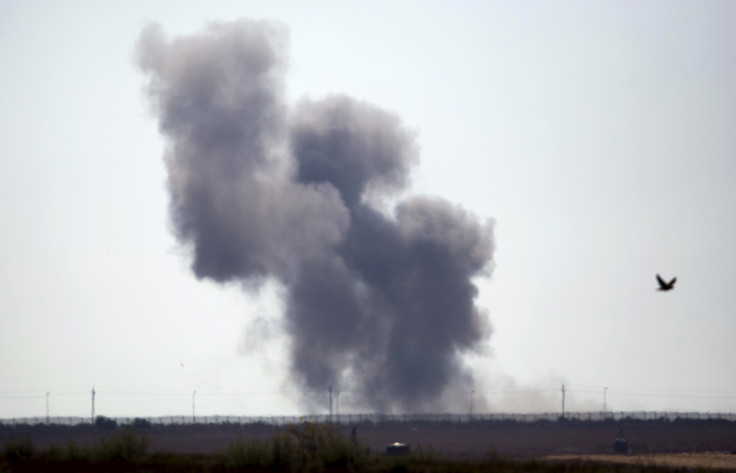Islamic State in Egypt: Who can tame Sinai, the Wild West of North Africa?

On July 1, Islamic State (Isis) carried out its largest attack on the Sinai Peninsula to date.
The death toll from the attack on six military checkpoints in the town of Sheikh Zuweid is unclear, with between 17 and 30 Egyptian soldiers and around 70 others dead. IS claims that as many as 500 fighters were involved in the attack, a number disputed by the Egyptian army.
Following the attack, IS claimed that it attacked 15 different security and military positions using heavy and light weaponry and RPGs, both shoulder-fired and mortar. IS not only said that it carried out three separate suicide missions, but was also able to take control of several locations.
Many IS Twitter fanboys were claiming that the group had shot down an Apache helicopter and the Egyptian military called for an evacuation from the border with the Gaza Strip of 5km, while Israel closed the border crossings entirely along the Sinai.
The attack reveals the extent of IS's cell structures within Sinai and their capabilities.
Based on its remote location, harsh topography and the federal government's blind eye to investing any resources into the region, both local and foreign radicalism has been allowed to fester.
But for an IS wilayah (or branch) to work, control is needed in the badlands of the Sinai. The question now in terms of terrorist expansion is whether IS cell structures control the Bedouin population as well as the Egyptian army. It has been the very heavy-handed response from Egypt that has helped swing what is left of the local Bedouin population towards IS.
IS attacks in the Sinai are not surprising and confirm the group's modus operandi:
• IS thrives where there is a lack of governance. Irrespective of Egyptian government statements that military successes have been achieved in the Sinai Peninsula, IS remains present with a sustained ability to acquire sophisticated weapons such as MANPADS;
• The attacks come as no surprise as Egypt has been marred by increased violence since January 2015;
• The attacks reinforced the Egyptian government's struggle in gaining effective counter-successes against militant groups;
• Where IS has a presence, the ability of cell structures to execute attacks must not be equated with the extent of control or lack thereof. IS needs to voice its presence in areas where numbers are relatively small, needs to propagate its expansion by attacks, and needs to show its commitment to a growing caliphate. For this, the Egyptian attacks have given them a moral victory in the peninsula and beyond;
• The Egyptian government most likely will respond with extreme force, giving way to a renewed cycle of violence, and adding to IS's propaganda of "righteous jihad";
• The Bedouin people will again bare the brunt of a cycle of violence and harsher security measures.
Though the Sinai attack was a military-style attack and much different from gunning down sunbathers on a beach, once again IS has has made an attack into an international media event.
Combining yesterday's attack with the recent attacks in Libya, Tunisia and France, IS has extended the impression that the organisation has the capability of striking when and where it wants with impunity.
What is more concerning is that the choice of targets, the method of attacks and the attack locations suggest that the Sinai attacks more closely resemble successful IS tactics in Iraq. If as indicated above IS is vying to hold more territory in Egypt, then we should expect more attacks like this in the near future.
Veryan Khan and Jasmine Opperman are senior directors for the Terrorism Research & Analysis Consortium (TRAC), one of the world's largest electronic compendiums for data and analysis of terrorist groups, activities, trends and up to date developments. By subscription, TRAC serves corporations, governments and military, universities, the media, and professionals. For complete information see www.trackingterrorism.org and follow the group on Twitter @TRACterrorism.
© Copyright IBTimes 2025. All rights reserved.





















